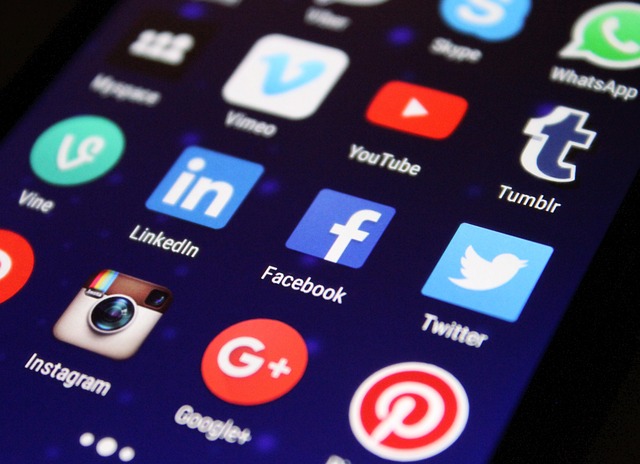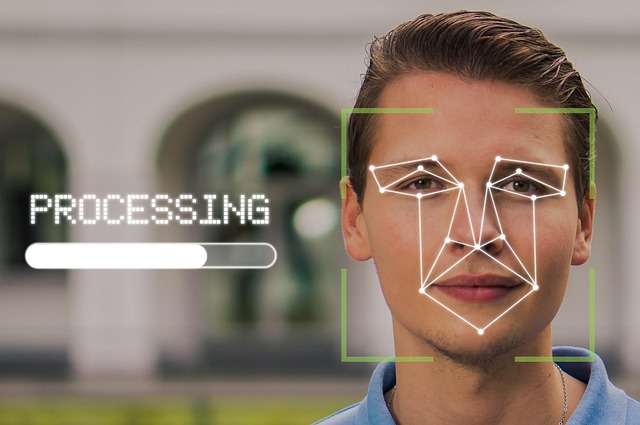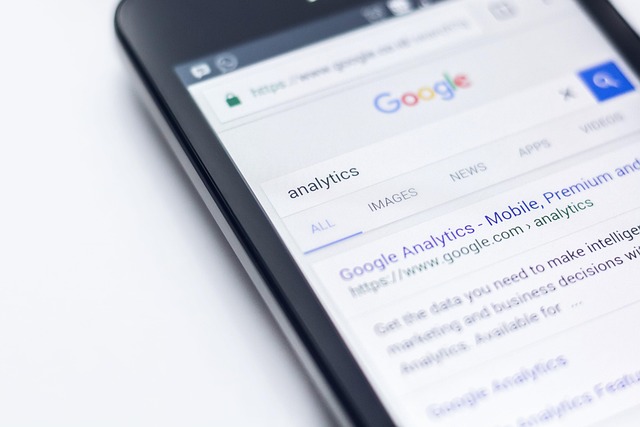The rapid evolution of communication over the past couple of decades has undergone a remarkable transformation, primarily fueled by technology and the internet. One of the most intriguing phenomena in this new landscape is the rise of memes. These bite-sized pieces of information, humor, and cultural commentary have transcended their mere entertainment value to become significant tools for social communication. Understanding the social impact of memes gives us insight not only into modern communication but also into the shifting tapestry of our societal interactions.
As we explore the social impact of memes, it’s essential to consider the role technology plays in their proliferation. Social media platforms like Facebook, Twitter, and Instagram have created an environment where memes can spread like wildfire. They allow for rapid sharing, remixing, and recontextualization of ideas, transforming everyday thoughts into viral sensations. This swift capacity for dissemination raises questions about technology etiquette. How responsible are we for the content we share, and what implications do our meme choices have on the conversations we contribute to?
Moreover, memes often reflect, critique, and amplify current social trends, making them powerful agents in shaping public discourse. The viral nature of memes means they can quickly bring attention to important societal issues, from mental health awareness to activism for social justice. They foster a sense of community among individuals who feel a shared connection to a specific meme or its message, allowing for an understanding that transcends geographical and cultural boundaries. This aligns closely with the social impact of memes, where humor and relatability bridge gaps in traditional communication channels.
However, the lighthearted nature of memes can sometimes obscure the seriousness of their content. The challenge lies in navigating the fine line between humor and respect for sensitive subjects. In an age where memes can unintentionally perpetuate stereotypes or misinformation, ethical considerations become paramount. This is where technology etiquette plays a crucial role; the responsibility of creators and sharers to be mindful of the implications their content may have is more important than ever. Engaging critically with the memes we encounter and share helps maintain a healthy online community, encouraging a more informed dialogue about the issues represented.
Furthermore, the social impact of memes extends to how we perceive cultural narratives. They can challenge prevailing norms, providing alternative viewpoints and fostering discussions around previously taboo topics. Memes have become a language of their own, making them an accessible means for individuals to express opinions and emotions that may be difficult to articulate in conventional forms. What was once seen as casual banter has morphed into a significant aspect of social commentary, inviting reflection on the underlying values and beliefs that shape our communities.
As we continue to navigate this digital communication landscape, it’s worth considering how memes will evolve alongside emerging technologies. Will future generations find value in memes as we do today? Or will they seek new forms of expression to convey their thoughts and emotions? One thing is for certain: the social impact of memes is a testament to the fluidity of communication, illustrating how technology constantly reshapes our interactions and reflections on the world around us.




